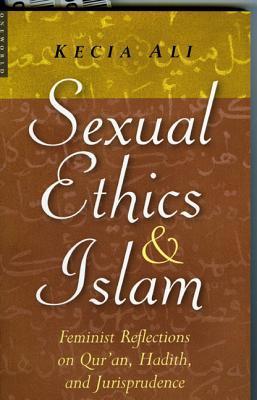One of the most beautiful aspects of Islam as a guiding system for social life is its belief system—particularly the belief in the Oneness of God and the Day of Judgment. These foundational beliefs provide a strong moral and spiritual framework.
Beyond these, one of the most critical teachings in Islam is its discipline regarding sexuality. Islam categorically addresses this topic in detail, from sibling relationships and modesty to spousal rights and duties. It provides clear guidance on every aspect, ensuring a balance between natural human instincts and ethical boundaries.
Although sexuality has been considered a taboo topic for centuries, even before the advent of Islam, Allah has emphasized the importance of addressing it openly and truthfully. The societal chaos we witness today can often be traced to violations of these ethical principles. Sexual desire is one of the strongest human impulses, and when left unchecked, it can reduce humans to their basest instincts, leading to immoral and criminal behaviour. However, because it is an intrinsic part of human nature, suppressing it entirely is neither possible nor healthy—it would lead to psychological harm.
The best solution, therefore, lies in setting clear and categorical boundaries. As the world evolves, so do the meanings and definitions of sexuality, making this topic a continual necessity for thoughtful exploration. In her book, Sexual Ethics and Islam: Feminist Reflections on Qur’an, Hadith, and Jurisprudence, Kecia Ali has done an admirable job of tackling this sensitive issue with insight and courage.
In a world inundated with misinformation and a culture of exploitation, reading and sharing such a book is challenging but essential. Isn’t it time we embraced this discipline to become morally and ethically elevated individuals? I certainly think so. What about you?

